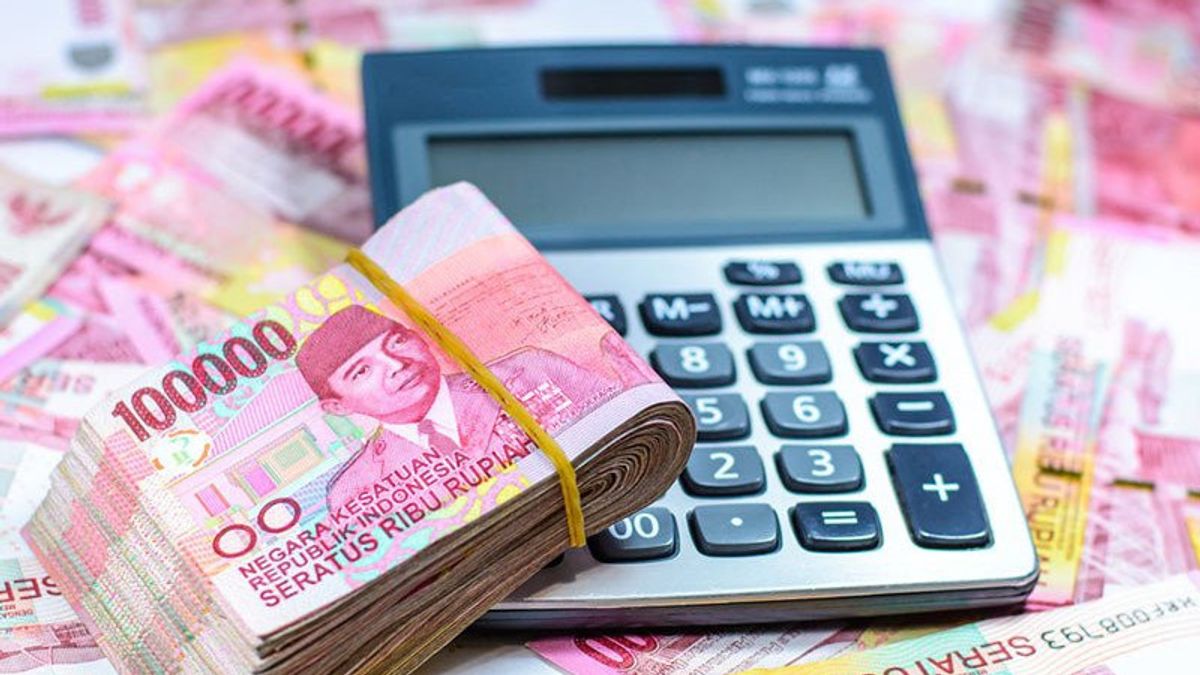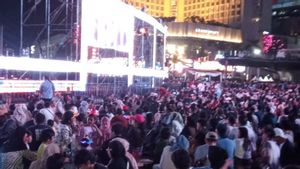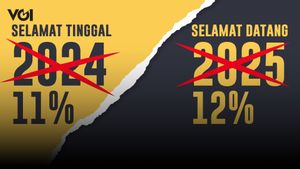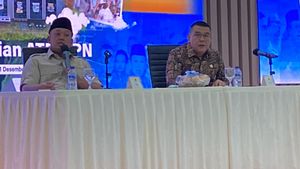JAKARTA - An observer from the Center for the Study of Radicalism and Deradicalization (PAKAR) Muh Taufiqurrohman said there needs to be clear and firm sanctions regulated in the Revision of Law Number 9 of 1961 concerning Collection of Money or Goods.
These strict sanctions need to be applied in order to provide a deterrent effect, especially to charities that misuse public funds, said Taufiqurrohman.
"Law Number 9 of 1961 concerning Collection of Money or Goods and Government Regulation Number 29 of 1980 concerning Implementation of Collection of Donations is time to be revised, because it does not include clear criminalization and also has not provided a deterrent effect on the existence of charitable institutions suspected of misusing public funds," he said as quoted by ANTARA. , Friday, July 15.
He mentioned one of them, namely Article 8. In the Law on Collection of Money or Goods, the provisions in that article only provide a maximum imprisonment of three months or a maximum fine of Rp. 10,000 for anyone who collects public funds illegally or without permission from the government.
According to Taufiqurrohman, the sentence was too light and did not take into account the impact of misuse of public funds for public safety.
In addition, Taufiqurrohman said that it is also necessary to revise Government Regulation No. 29 of 1980 concerning the Implementation of Donation Collection. Article 6 of the PP states that charities have the right to take 10 percent of the funds collected for their operational costs.
He said the PP had not yet explained in detail the penalties and sanctions for charities that violated and were proven to have misused public funds for personal gain or even financed the operations of radical groups.
"Supposedly, the penalties and fines should be increased according to the amount of funds collected or in accordance with the negative security impact caused by the activities of an unlicensed charity," said Taufiqurrohman.
One of the points that need to be added in the revision of Law Number 9 of 1961 and PP 29 of 1980 is the article that requires every charity institution to obtain a permit from the police and the National Counterterrorism Agency (BNPT). It aims to support efforts to tackle radicalism and terrorism.
According to Taufiqurrohman, the government has clear authority to criminalize any charity that collects public funds with the aim of enriching itself or supporting radicalism activities by revising the two regulations.
Meanwhile, political observer from Indonesia's Al-Azhar University Ujang Komarudin said the involvement of the police and the Financial Transaction Reports and Analysis Center (PPATK) was sufficient in granting permits to charities, so there was no need to involve BNPT. PPATK carries out its duties to trace transaction history related to alleged misappropriation of public funds by charitable institutions.
"Recommendations from PPATK regarding the findings were then given to the police and BNPT for further investigation," said Ujang.
Ujang assessed that the involvement of the police and PPATK, which is regulated in the two regulations, was appropriate for granting permits to charities.
The English, Chinese, Japanese, Arabic, and French versions are automatically generated by the AI. So there may still be inaccuracies in translating, please always see Indonesian as our main language. (system supported by DigitalSiber.id)













